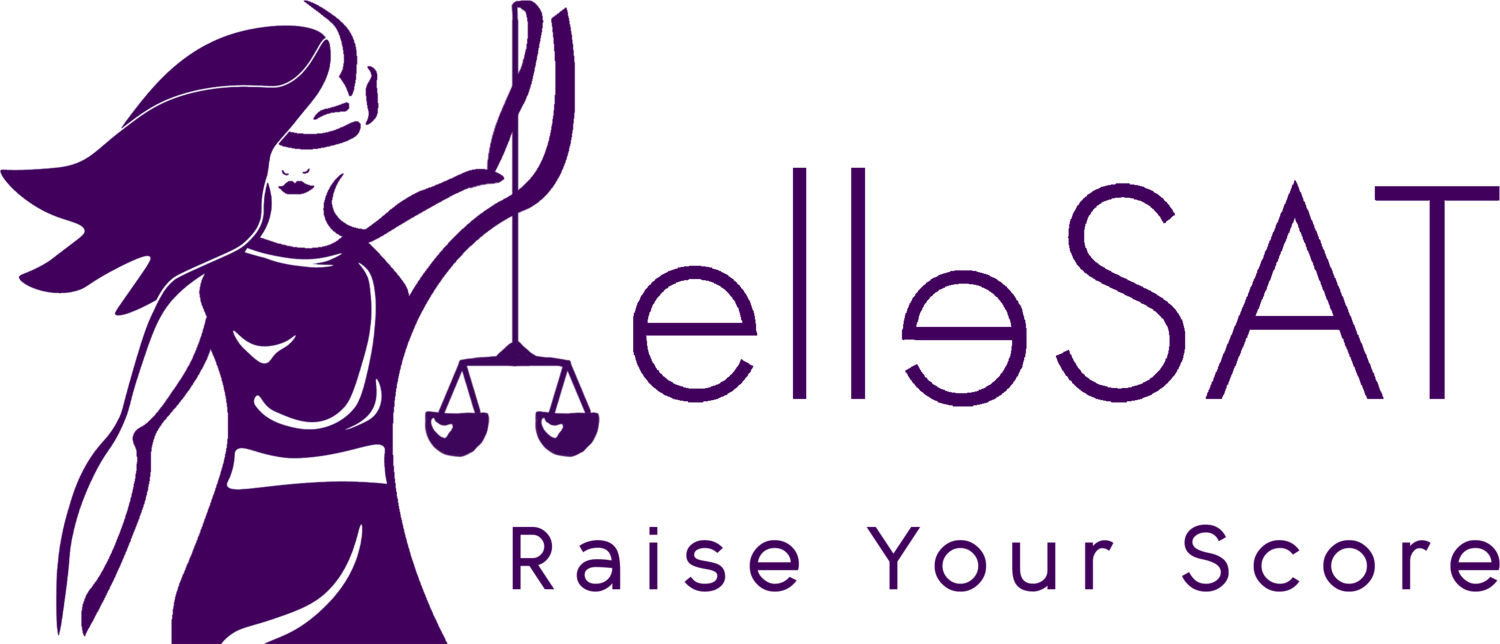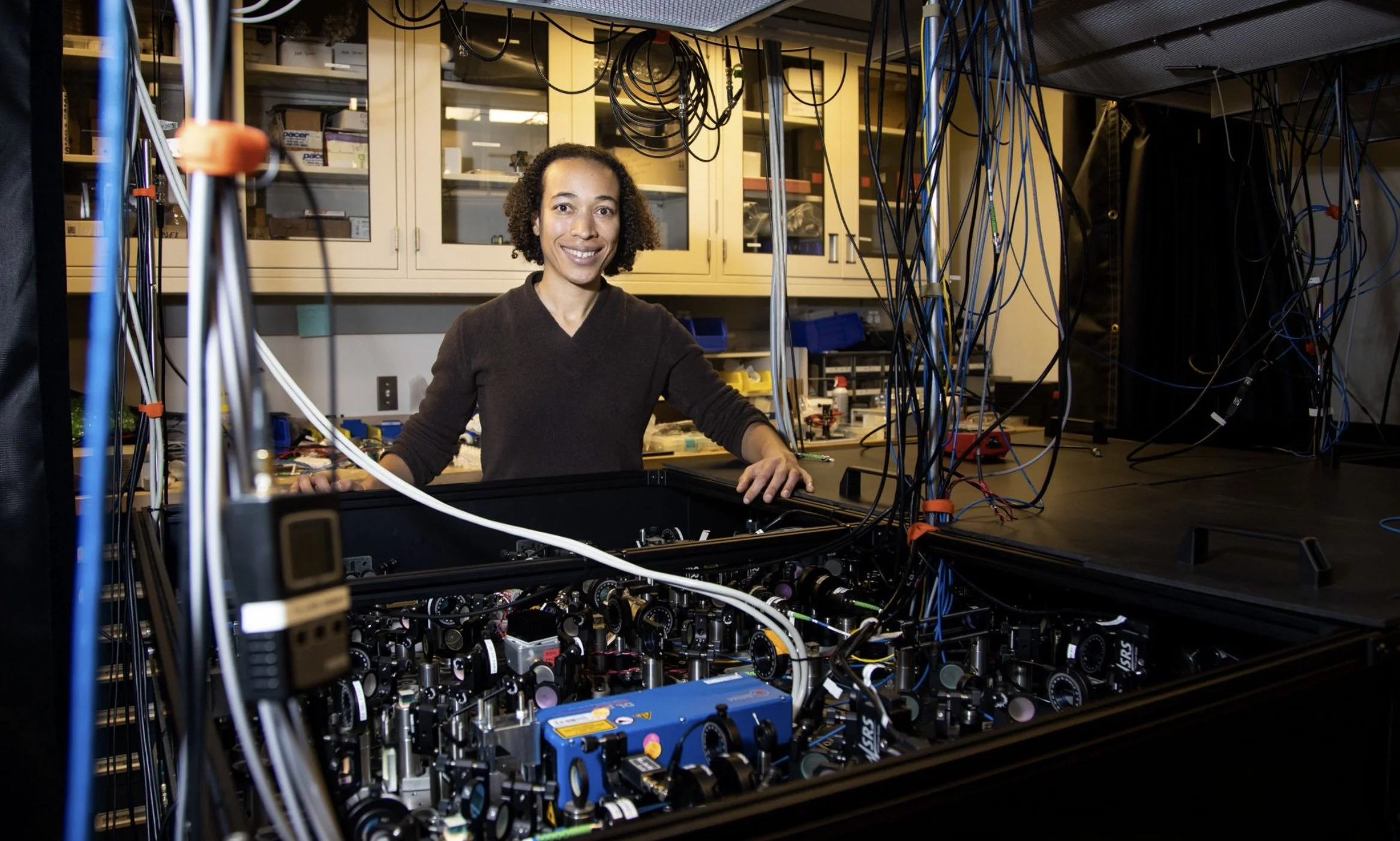elleSAT’s reading list - November 29, 2021
This week: microscopic organisms stealing medication in an aquarium, space-time and quantum particles, and an ancient plague.
Microbes stealing medicine!
The case of the aquarium’s disappearing medicine
New aquarium animals undergo a quarantine process where their water is treated with an anti-parisitic medication. At the Shedd Aquarium, this medication was disappearing. This article discusses how microbiologists discovered that microbes were consuming the nitrogen within this medication. If you have a university library login, check out the study published as a result of this research.
Dr. Monika Schleier-Smith at work in her lab.
One Lab’s Quest to Build Space-Time Out of Quantum Particles
Ok, full disclosures: I haven’t figured out how to describe quite what is happening in this article. It’s about a brilliant experimental physicist working in emergent areas of quantum physics. You should read this article, click through to the studies cited, google any terms you don’t recognize, and try to figure out what Dr. Schleier-Smith actually studies, because I don’t have time to figure it out for a summary in this newsletter.
Muddling through scientific topics that you don’t know much about is a great way to practice for LSAT reading comprehension. Seriously, spend a few days browsing through Wikipedia, reading about famous scientists and their experiments, and you’ll feel a lot more confident with science passages.
An artist’s rendition of a bubonic plague outbreak in the Byzantine empire.
New Approaches to the 'Plague of Justinian'
‘Plague sceptics’ are wrong to underestimate the devastating impact that bubonic plague had in the 6th– 8th centuries CE, argues a new study based on ancient texts and recent genetic discoveries. The study also suggests that bubonic plague may have reached England before its first recorded case in the Mediterranean via a currently unknown route, possibly involving the Baltic and Scandinavia.
I’d never heard of the Plague of Justinian - reading about it is a great entry point to to broaden your knowledge of history and epidemiology.



